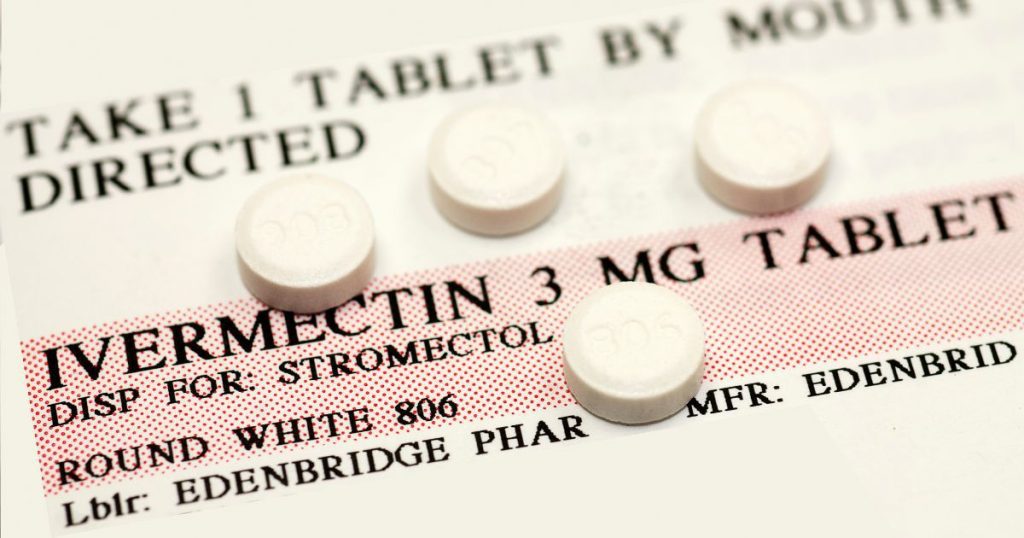Fenben cancer treatment has been gaining popularity after videos of an unlicensed veterinarian were posted on social media platforms. The videos claim that a dog deworming medicine cures cancer in humans.
Upon transplantation of human lung adenocarcinoma (A549) cells into athymic nu/nu mice, fenbendazole induces tumor growth suppression. This effect was mediated by inhibition of microtubule dynamics and alteration in the expression of several genes.
Anti-parasitic
Fenbendazole is an antiparasitic drug used to treat gastrointestinal parasites such as pinworms, giardia, roundworms, hookworms, and Taenia solium in humans and other animals. It works by binding to and inhibiting the polymerization of tubulin, a protein that makes up microtubules in cells. This mechanism of action is similar to the one used by cytotoxic anticancer drugs such as vinca alkaloids (vinblastine, vindesine, and vinorelbine) and taxanes (paclitaxel and docetaxel).
Another antiparasitic drug, mebendazole, also appears to inhibit the progression of pancreatic cancer in mice. In a study published in 2021, researchers at Johns Hopkins Medicine found that mebendazole reduced the tumor’s cellular growth and spread.
The benzimidazole compounds bind to mitochondria and interfere with energy metabolism, which causes the death of cancer cells. In addition, they can block glucose uptake and ATP production in cancer cells. This is a major cause of cell death in cancer patients because cancer cells use glucose at much higher levels than normal cells.
Anti-cancer
Fenbendazole (FZ) is a broad-spectrum benzimidazole anthelmintic drug approved for use in numerous animal species. This compound displays anti-neoplastic activity through the disruption of microtubule dynamics and modulation of multiple cellular pathways. It also inhibits glucose uptake by down-regulating GLUT transporters and the key glycolytic enzyme hexokinase II.
In addition to its effect on cell cycle arrest, fenbendazole induces apoptosis in 5-FU-sensitive SNU-C5 and SNU-C5/5-FUR CRC cells. It does so by triggering autophagy and ferroptosis-augmented apoptosis in wild-type but not mutant p53 cells.
In a study published in the journal Scientific Reports, researchers found that fenbendazole could block tumor growth and promote cancer cell death in mice. The team also found that the drug was more effective than mebendazole, another antiparasitic medication. However, the researchers did not find that fenbendazole prevented tumor recurrence after irradiation. The results are important because repurposing existing drugs can reduce the time and cost of developing new treatments. The findings may also help develop a safer treatment for colon cancer patients who cannot tolerate chemotherapy.
Anti-viral
The anti-parasitic drug fenbendazole has been shown to have anti-cancer effects by disrupting microtubules and interfering with cell metabolism. It has also been found to induce autophagy in colorectal cancer cells. The research was published in Scientific Reports. The researchers say that their results show that fenbendazole is an effective anti-parasitic agent and could be used as a cancer treatment in the future.
In the study, MDBK cells were treated with DMSO control or fenbendazole for 24 h and infected with BoHV-1 at an MOI of 1 for 12 or 24 h. Expression of virion-associated proteins was determined by Western blots. The tegument protein VP16 was most significantly reduced by fenbendazole at both 12 and 24 hpi (Fig. 3A and D).
The phosphorylation of PLC-g1 and Akt, which are stimulated by BoHV-1 infection, was also assessed. The results showed that fenbendazole did not affect the phosphorylation of either of these proteins in MDBK cells with or without virus infection, and therefore did not prevent the induction of viral production and productive infection.
Anti-fungal
While fenben is used to treat fungal infections such as vaginal yeast infection and fungal infections on the hands and feet (Tinea pedis, Tinea manuum), researchers are now using it to eliminate dormant cancer cells in colorectal cancer. The drug is able to kill the fungus that helps the tumor cells survive by destroying its mitochondrial structure. This process also triggers apoptosis, which kills the cancer cells. In addition, fenbendazole can inhibit autophagy in 5-fluorouracil-resistant colorectal cancer cells. In a study, researchers found that fenbendazole induces apoptosis by modulating the p53 tumor suppressor gene. It also causes cell cycle arrest in the G2/M phase and increases p21 expression. Western blot analysis showed that fenbendazole also increases Beclin-1 expression in colorectal cancer cells. These results suggest that fenbendazole could be an effective treatment for colorectal cancer, especially in 5-fluorouracil-resistant cells.


